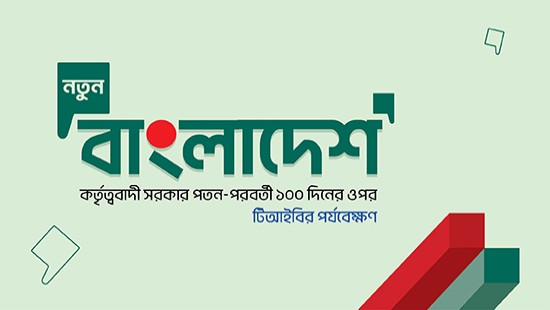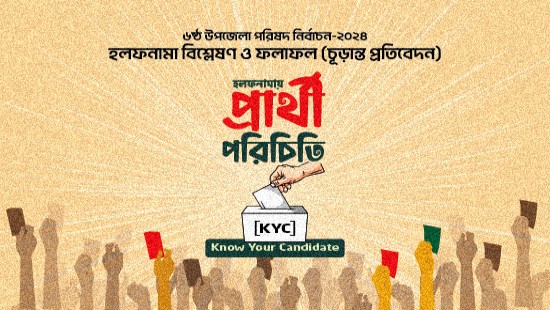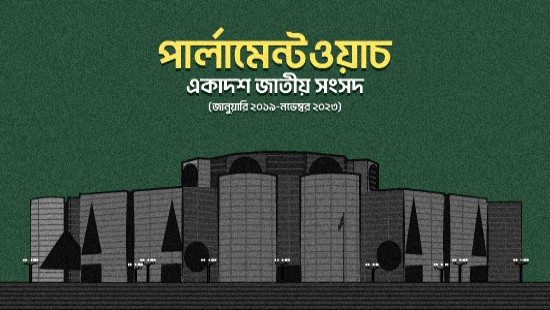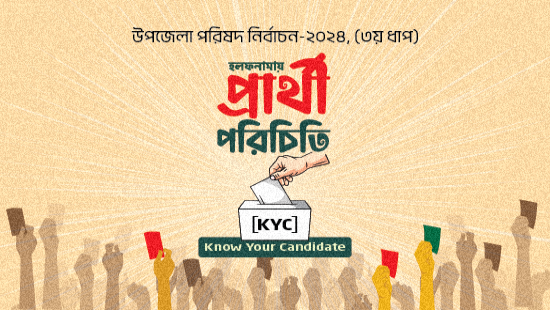Published: 21 October 2012
The role of the Parliament is extremely important in the present day democracies. The key tasks performed by the Parliament are enacting laws, monitoring the executive, ensuring the accountability of the government through committee hearings, and discussing issues important for the state and taking decisions in this regard. According to the Constitution of Bangladesh, all power vests with the people. The people enjoy their constitutional rights in law-making through their representatives, and such representation is done through the Members of the Parliament.
After the restoration of parliamentary system of government in 1991, it is observed that the successive parliaments were not effective as expected. Before the 9th Parliament election, the two major political parties in their electoral manifestos had committed in making the parliament effective. However, in the three years following the formation of the 9th Parliament, different studies on MPs’ performance inside the parliament have come out with the findings that the MPs were not doing at an expected level. Their alleged involvement in extra-legal activities, abuse of power and irregularities, and also in many of the cases the apparent impunity they have been enjoying (i.e. lack of any measure against their corrupt activities), particularly with respect to their perfomance outside of the parliament, made their transparency and accountability questionable.







